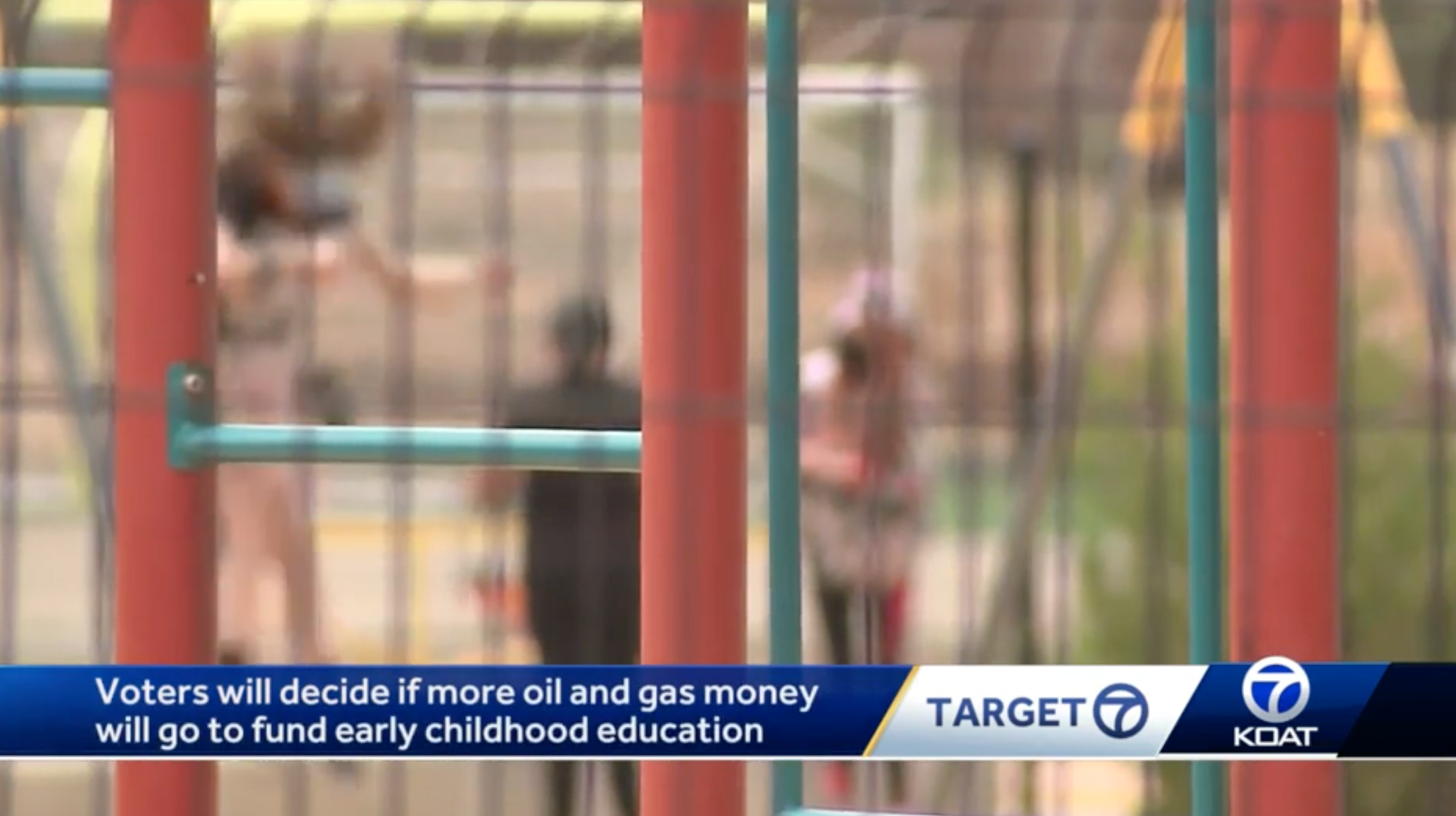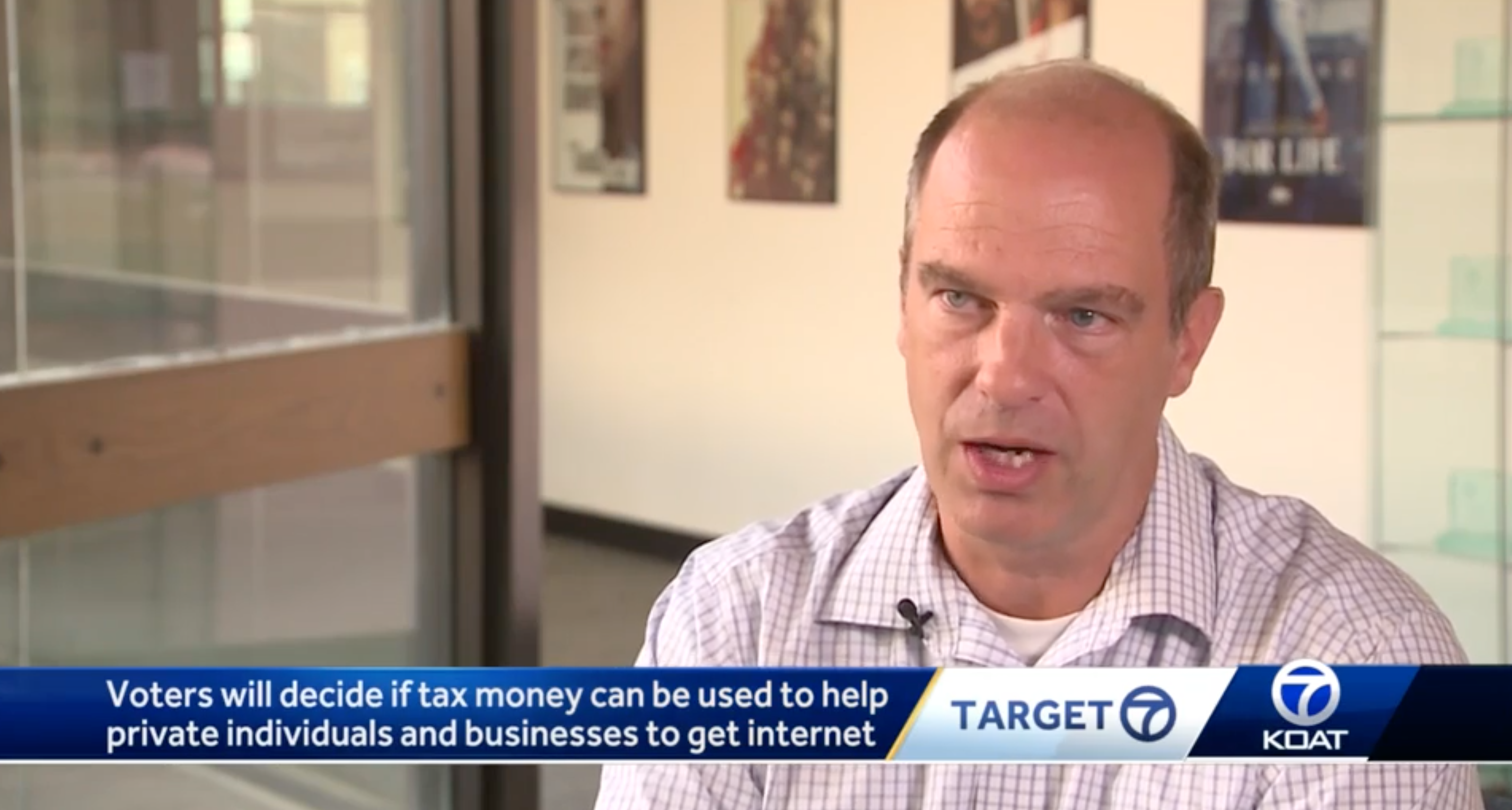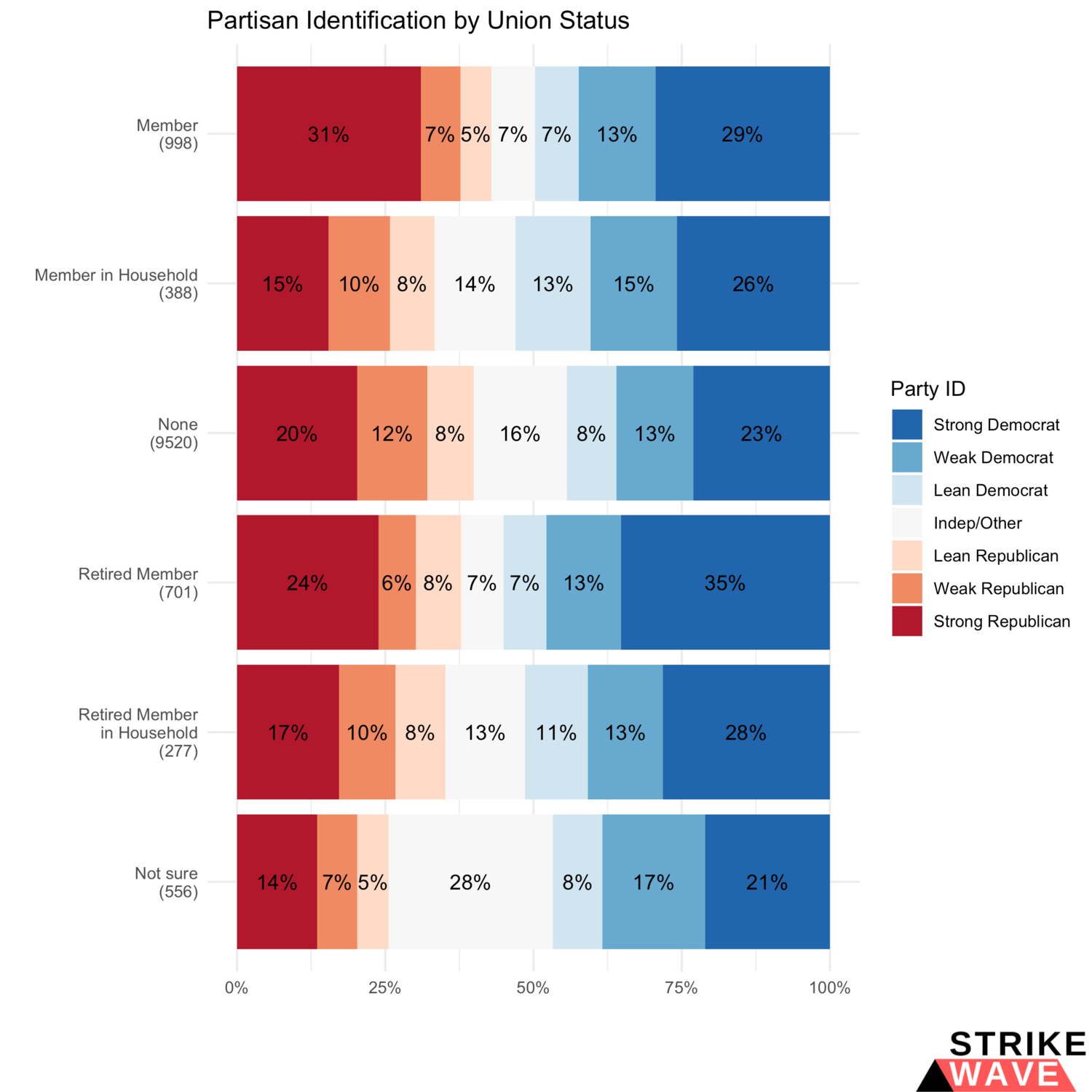The following appeared in the Las Cruces Sun News on Sunday, September 25, 2022 (and in several other papers).

With just a few weeks before early voting, what issues will motivate how New Mexicans vote? According to one recent poll the top issue this fall is inflation/the economy (at 59%). Crime was right behind at 58% followed by immigration and health care. Abortion was down the list at just 29%.
Surprisingly, the poll (done by KOB-TV) fails to even ask about education. In a state that consistently ranks at the very bottom in the nation on numerous (and bipartisan) education reports, serious education reforms should be at least on the radar. This is especially true as education is an inherently state issue (unlike immigration or inflation).
But, if you follow Gov. Lujan Grisham’s campaign’s public messaging you might believe abortion is the only important issue facing New Mexicans. Because we believe the New Mexico economy and education system are two critically important issues, the Rio Grande Foundation looked carefully at both candidates’ websites for details on their plans.
Lujan Grisham’s campaign website is: michellefornewmexico.com. There she touts policies she and the Democrat Legislature have enacted. And, she does have some significant economic policy accomplishments. These include a slight gross receipts tax reduction as well as Social Security and military pension tax reductions passed earlier this year.
In terms of education policy, she focuses her attention on various new programs, teacher raises, and generally spending more money. But recently released state test scores were abysmal. The “moon shot” simply hasn’t moved the needle, and what data we have indicate that New Mexico students suffered greatly during the year of lost in-person learning of the pandemic. New Mexico was one of the states that lost the most classroom time thanks to Lujan Grisham’s COVID policies.
More importantly, the governor offers no specific policies moving forward in either area. How, for example, will she use the $2.5 billion budget surplus the state is expected to have when the Legislature convenes next January? With state spending having already risen by 30% under this governor and voters likely to provide permanent fund dollars to pre-K, is the governor planning to push for long-overdue gross receipts tax reform, more spending, or something else entirely?
We know New Mexico still faces significant economic challenges. The state lost thousands of businesses thanks to the pandemic lockdowns and there are fewer employed New Mexicans today than before the pandemic. New Mexico also remains among the most impoverished states in the union and one that is heavily dependent on the volatile oil and gas industry.
Mark Ronchetti, on the other hand, has released detailed and thorough plans (available at markronchetti.com) explaining exactly what he would like to do on both the economy and education. At the Rio Grande Foundation we agree with him on eliminating “pyramiding” of the gross receipts tax and providing stipends for low-income families to help students catch up to COVID learning loss. He plans to reduce income taxes for middle- and low-income New Mexicans. He also wants to emphasize school leadership and vocational learning along with apprenticeships. He has very detailed plans that are worth considering. We’d do some things differently, but it stands in stark comparison to Lujan Grisham’s non-plan.
We are less than a month away from the start of early voting. Hopefully by then voters will have more information on what Gov. Lujan Grisham plans to do in a second term so they can compare that plan to what Mark Ronchetti has already put forth.
Abortion is an important issue to many people, but the economy and our struggling education system impact us all and on a daily basis. They form the basis of what state policymaking is all about and will be the most important issues discussed in the upcoming 60-day session. Voters need to be able to make an informed decision.
Paul Gessing is president of New Mexico’s Rio Grande Foundation. The Rio Grande Foundation is an independent, nonpartisan, tax-exempt research and educational organization dedicated to promoting prosperity for New Mexico based on principles of limited government, economic freedom and individual responsibility
























